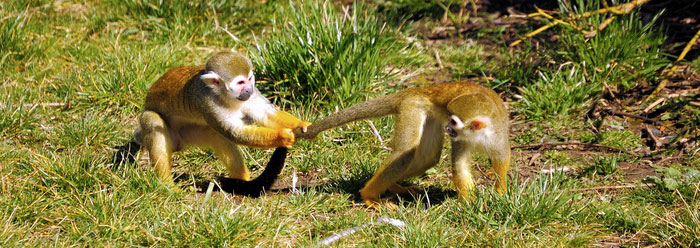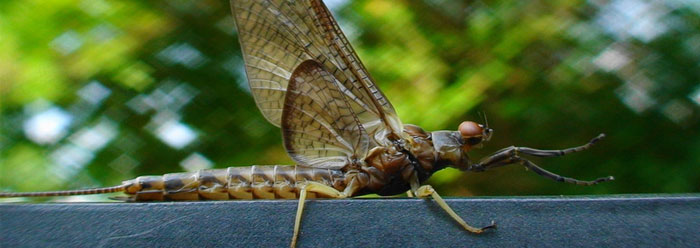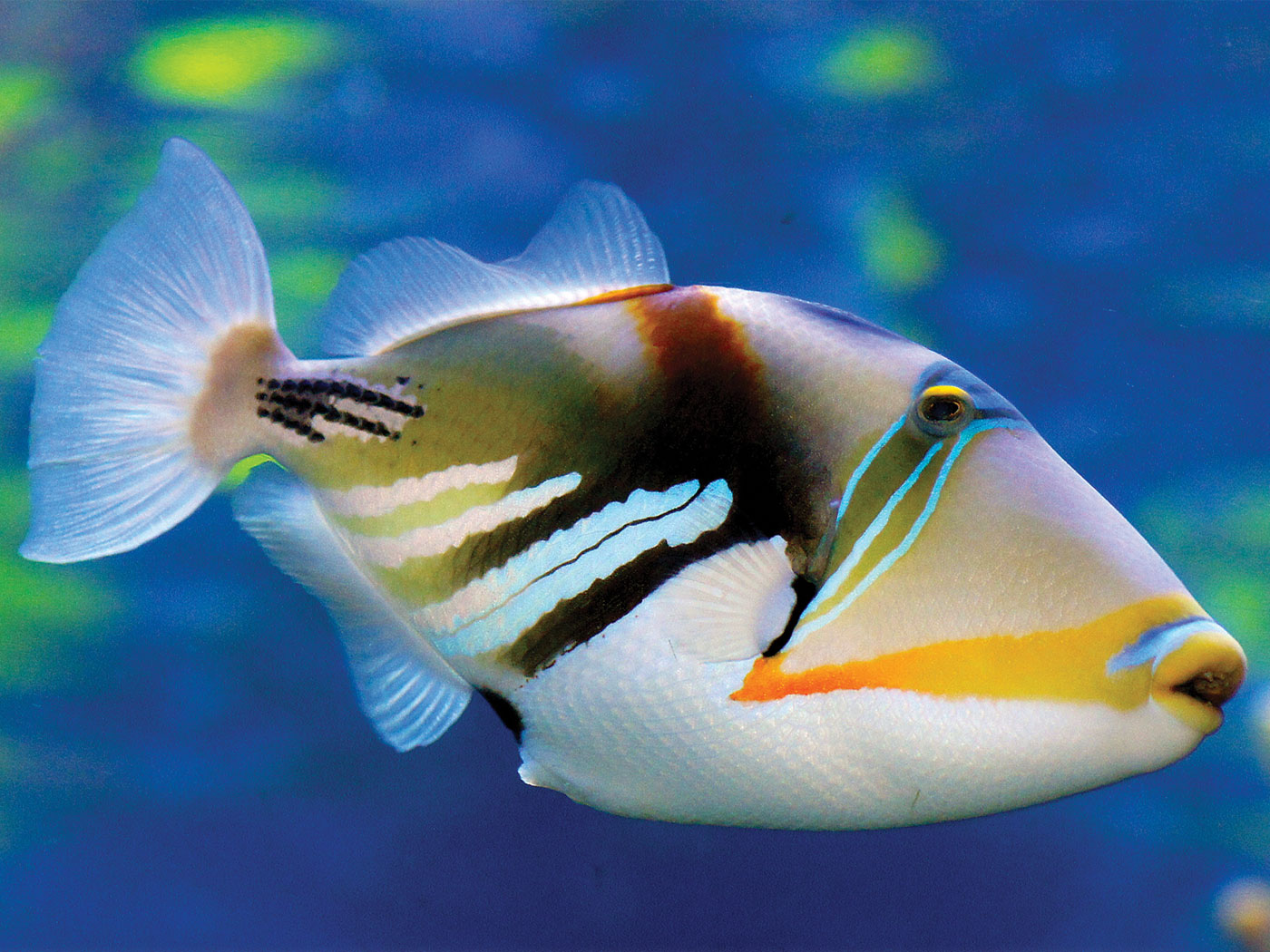According to Charles Darwin's theory of evolution, an organism's behavior is supposedly motivated by the biological imperative of survival. How, then, can it explain traits that are irrelevant to survival—such as animal play? The simple answer is that it cannot.
Publishing in the Quarterly Review of Biology, researchers Kerrie Graham and Gordon Burghardt wrote, "Play behavior is a paradox in humans and animals, being ubiquitous yet ambiguous."1 In their review of current research on the subject, the ambiguity of evolutionary origins for play was only accentuated. The study's authors offered a mixture of interesting observations from recent studies of animal play along with confused, unscientific "explanations" within an evolutionary context.
For example, they showed that studies are finding playful behavior in more animals, even in some insects, according to some biological definitions of the word "play." Animal play is not a single trait, but a behavior resulting from a host of traits such as certain neural connections and instinctive behavioral habit data. Plus, play appears to be frivolous. How could a Darwinian interpretive framework plausibly account for the origin of multiple interconnected traits that work together to achieve a behavior that has no clear-cut survival impact? If there were clear survival advantages to animal play, then evolutionists would connect that survival factor with an evolutionary past, even without establishing a heritable basis for such a complicated behavior.
The review failed to clarify the ambiguity of evolutionary explanations of play. After mentioning that some animals play silently and others noisily, as well as citing some brain activity that accompanies these behaviors, the authors wrote, "Equivalents of laughter across a variety of species is indicative of play's origins and its evolutionary significance."1
But the researchers give no reasoning to support this assertion! What makes any vocalization in an animal an equivalent to human laughter? And what survival advantage would this behavior bestow? If play vocalizations give a survival advantage, then why didn't all animals evolve to vocalize when playing? These questions are left unanswered, accentuating the barrenness of empty rhetoric about an assumed "evolutionary significance."
In exploring the long-held "belief that play is significant in the development of young animals," the authors cited some experiments that showed no developmental difference between young that did not play and those that did.1 Observations from different species showed that adult social interactions were affected by juvenile play activity, but none of these linked any playful behavior to increased survivability.
The review section that discussed possible developmental effects of play resorted to a half-dozen speculations, each marked by the word "may"—as in, "that animals play cooperatively may represent a suite of cooperative behaviors relevant to the evolution of sociality."1 But each "may" statement necessarily implies a possible "may not," leaving the reader to question whether the "signs of progress" mentioned in the study's title are valid.
Even after renewed research efforts, animal play continues to defy evolutionary origins.2 However, animal and human play make sense in the context of creation, where a powerful and benevolent God wove both aesthetic and survival traits together into each of His creatures.
References
- Graham, K. L. and G. M. Burghardt. 2010. Current Perspectives on the Biological Study of Play: Signs of Progress. The Quarterly Review of Biology. 85 (4): 393-418.
- Thomas, B. 2010. Why Do Animals Play? Acts & Facts. 39(1): 16.
* Mr. Thomas is Science Writer at the Institute for Creation Research.
Article posted on January 18, 2011.

























